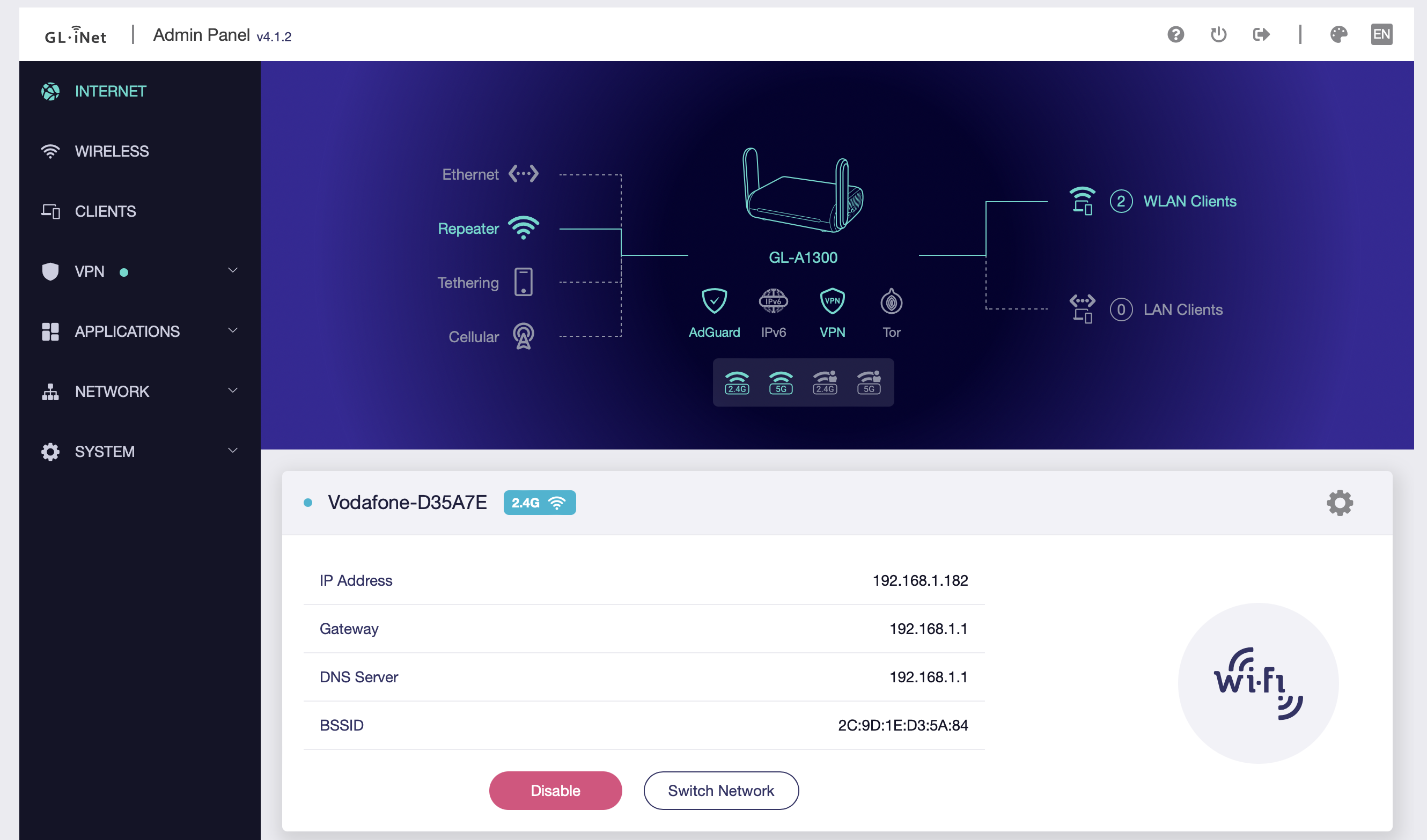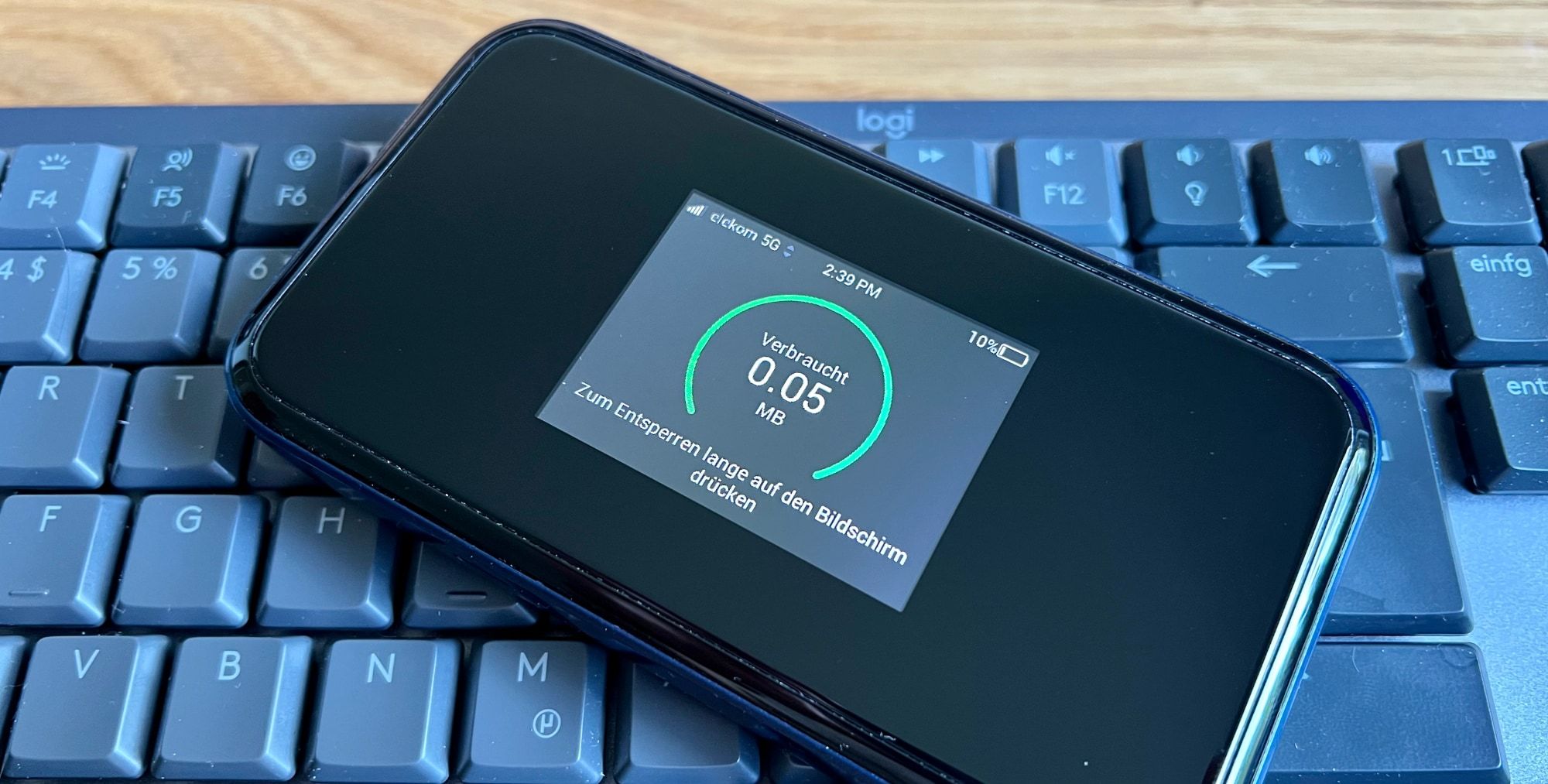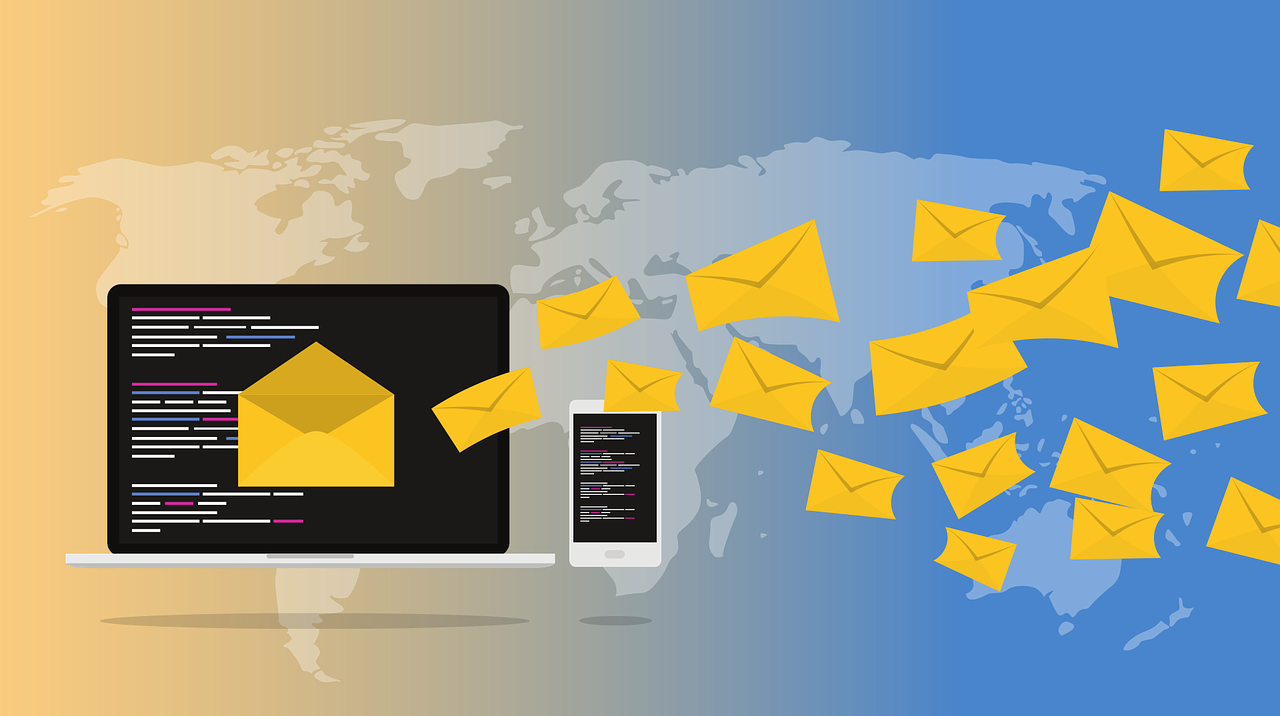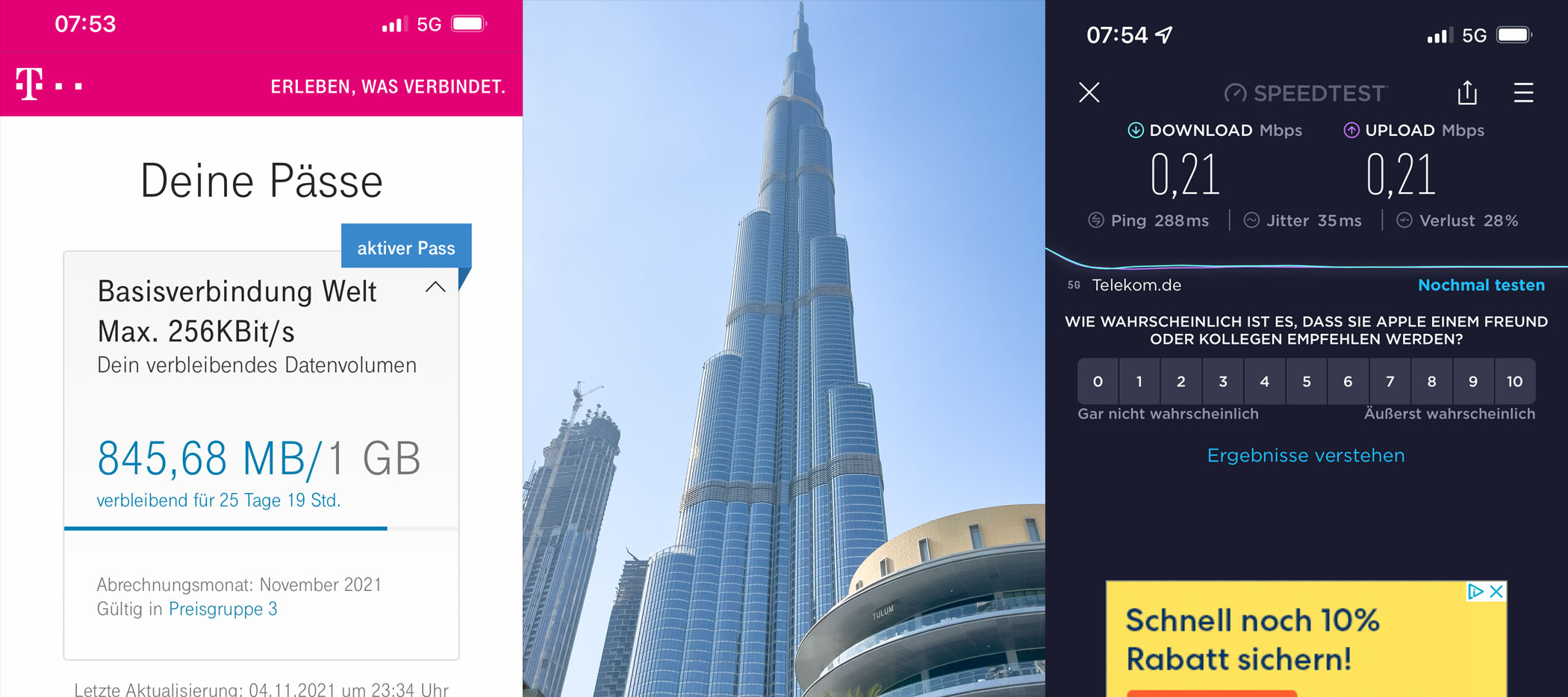Actually, the Federal Government wanted to make the operation of an open WLAN easier and to abolish or at least limit the interference liability in order to improve the WLAN coverage. However, a draft law does not offer much hope.
So reports Der SpiegelIn a document available to the Commission, it was stated that the Telemedia Act should be amended to also exempt "service providers who provide users with Internet access via a wireless local area network (W-Lan)" from liability for "third-party information which they transmit in a communications network or to which they provide access for use". So far, this only applies to Internet providers, who cannot be held liable for copyright infringements by their customers, for example.
This sounds very good at first sight - but in the current draft it is linked to conditions that do not otherwise apply to Internet providers: for example, the operators of the WLAN must prevent misuse by means of "reasonable measures", and it is also intended to prevent outside third parties from gaining unauthorised access to the WLAN. It is precisely this idea that makes a free WLAN, to which anyone can dial in without major hurdles, ad absurdum.
In practice, private, open WLANs will probably continue to be prevented in this way: the effort for user management as we know it from hotels is too great, too great is the risk that the courts will interpret the "reasonable measures" differently and you will still be liable for what others do via your own WLAN connection. This approach will definitely not lead to more WLAN networks that you can simply use on the road.
Until the law is implemented, the only thing that remains is: your own WLAN must be as secure as possible, third parties should not have access under any circumstances - this is the only way to be halfway on the safe side and you don't have to constantly fear warnings.
Update from 12.03.2015: Draft law is available
The finished Draft law is now available and corresponds to what was already available to the Spiegel: private providers have to record the name of their WLAN users - but interestingly enough, they do not log their surfing behavior. It is also unclear how to ensure that correct data is entered: especially with freefunkers, it is not usual for WLAN users to be personally known to the operator.
The free radio operators are then also the biggest critics of the bill: in a Statement they criticize that encryption will not improve the planned distribution of freely usable WLAN networks. In addition, the draft is interpreted to the effect that it is not desirable for private users to operate open WLANs permanently. The draft most likely covers the case that you grant access to your own WLAN for a limited period of time to neighbours or friends who are visiting you. An anonymous use of free WLAN access points will still not be possible - relatively understandable, but still a pity for many.
The contribution Interference liability: Open WLAN remains dangerous (Update) is first on routerzwang.de and was published by fjeromin ...written.



